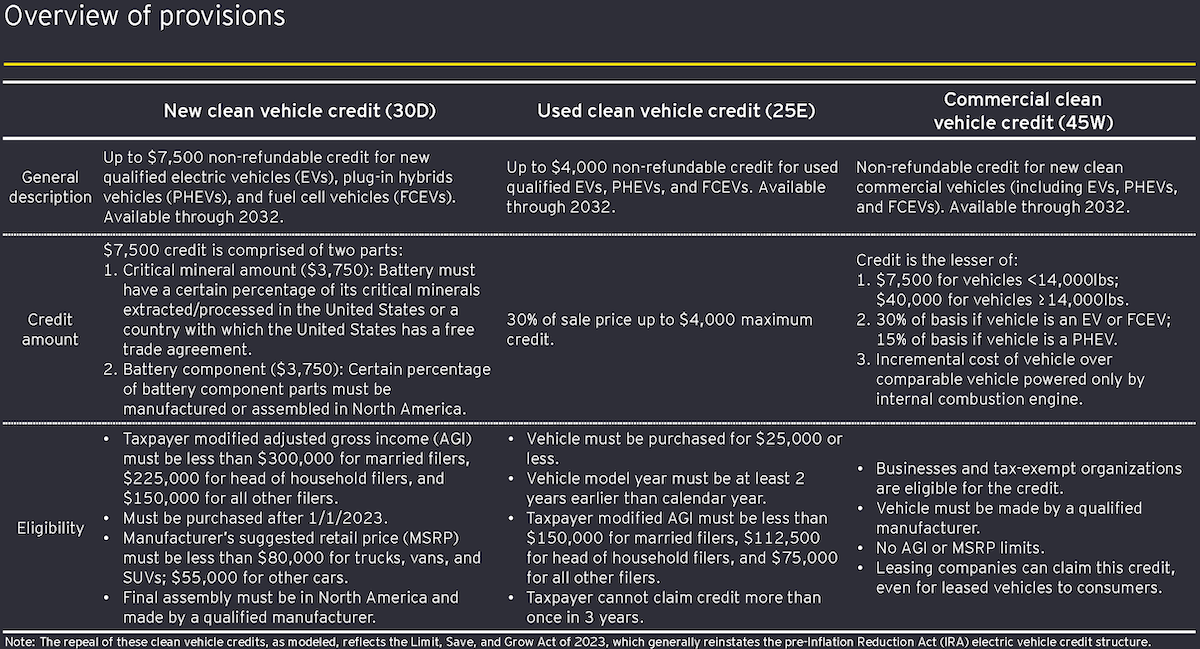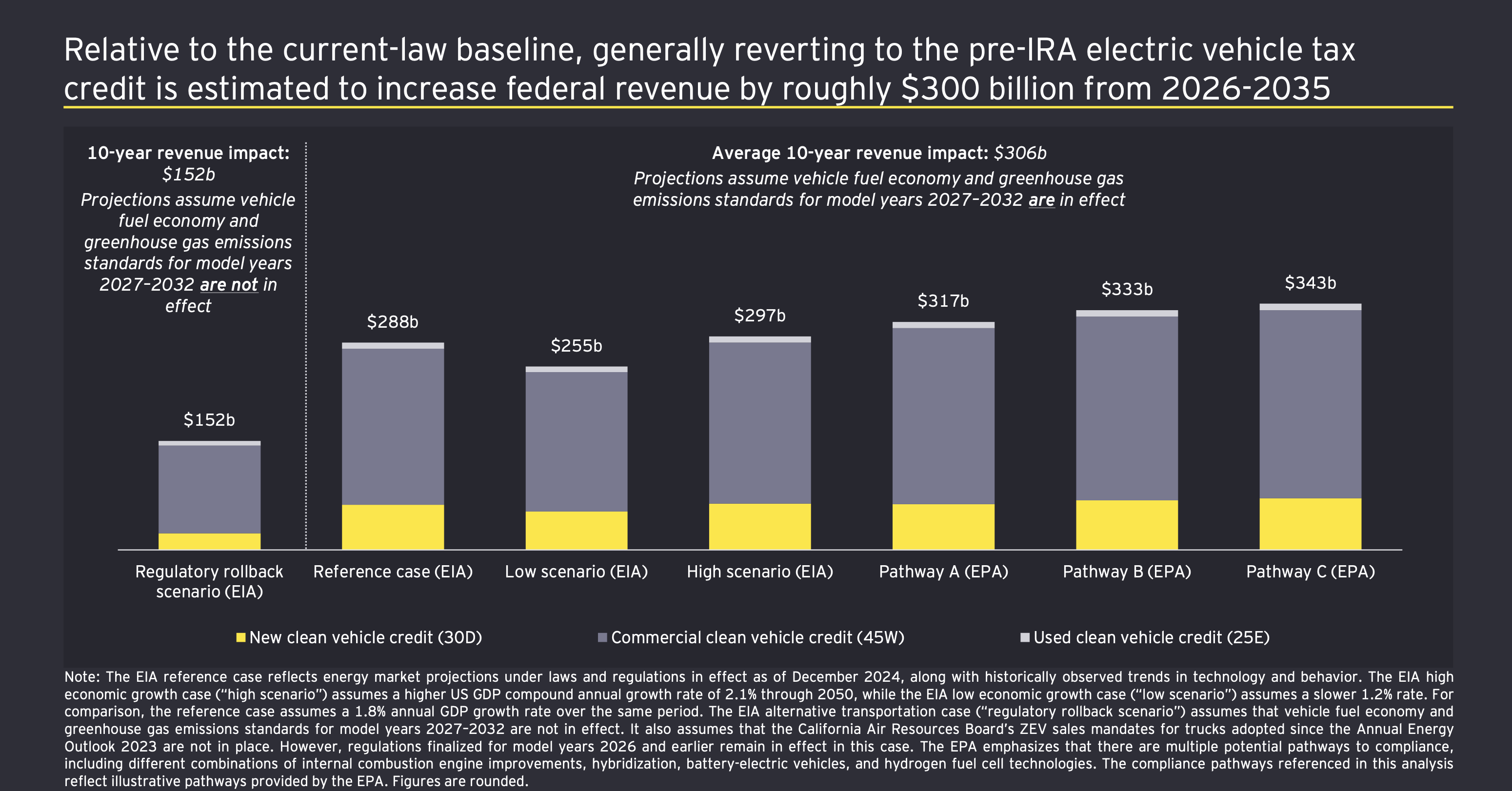Reassessing Tax Policy: The Case for Repealing Electric Vehicle Subsidies
The Current Fiscal Climate
Despite the challenges posed by the current financial environment, there is an opportunity for Republicans to realign their policies with a pro-growth, low-tax agenda. One significant avenue is the elimination of corporate subsidies that distort market dynamics and result in inefficient allocation of resources.
Impact of Subsidies
Corporate subsidies often favor politically connected firms over more innovative and efficient competitors, creating a market imbalance. These subsidies drain taxpayer money and support failing businesses, ultimately stifling economic growth. By removing these financial incentives, Congress can promote a more equitable economic landscape that resonates with populist sentiments.
Scrutinizing the Inflation Reduction Act
Particularly noteworthy is the Inflation Reduction Act (IRA), a law passed exclusively with Democratic support and criticized for its purported climate benefits. Instead, it channels taxpayers’ money into often wasteful projects. According to a report from the Institute for Energy Research (IER), the substantial financial commitment under the IRA raises concerns about escalating energy costs for everyday Americans.
Financial Implications of the IRA
The IER’s recent analysis reveals staggering costs associated with the IRA’s energy-related provisions. The Congressional Budget Office initially estimated these expenses at approximately $370 billion over a decade. However, more recent projections suggest the total could climb as high as $1.97 trillion by March 2024, with a significant portion attributed to electric vehicle (EV) tax credits.

Revenue Generation from Policy Change
According to the IER report, reverting to the pre-IRA EV tax credit system could yield an estimated $300 billion in additional federal revenue from 2026 to 2035. This financial windfall could enable Congress to return funds to taxpayers, empowering them to use their money in ways that stimulate genuine economic growth.

Aligning Trump’s Agenda with Fiscal Responsibility
By targeting the suspension of clean vehicle tax credits, lawmakers can align President Trump’s vision for economic growth with fiscal conservatism. The projected $300 billion savings will not only help reduce the deficit but also free up resources for taxpayers to invest in their preferences, leading to a more robust economic environment conducive to growth and innovation.


